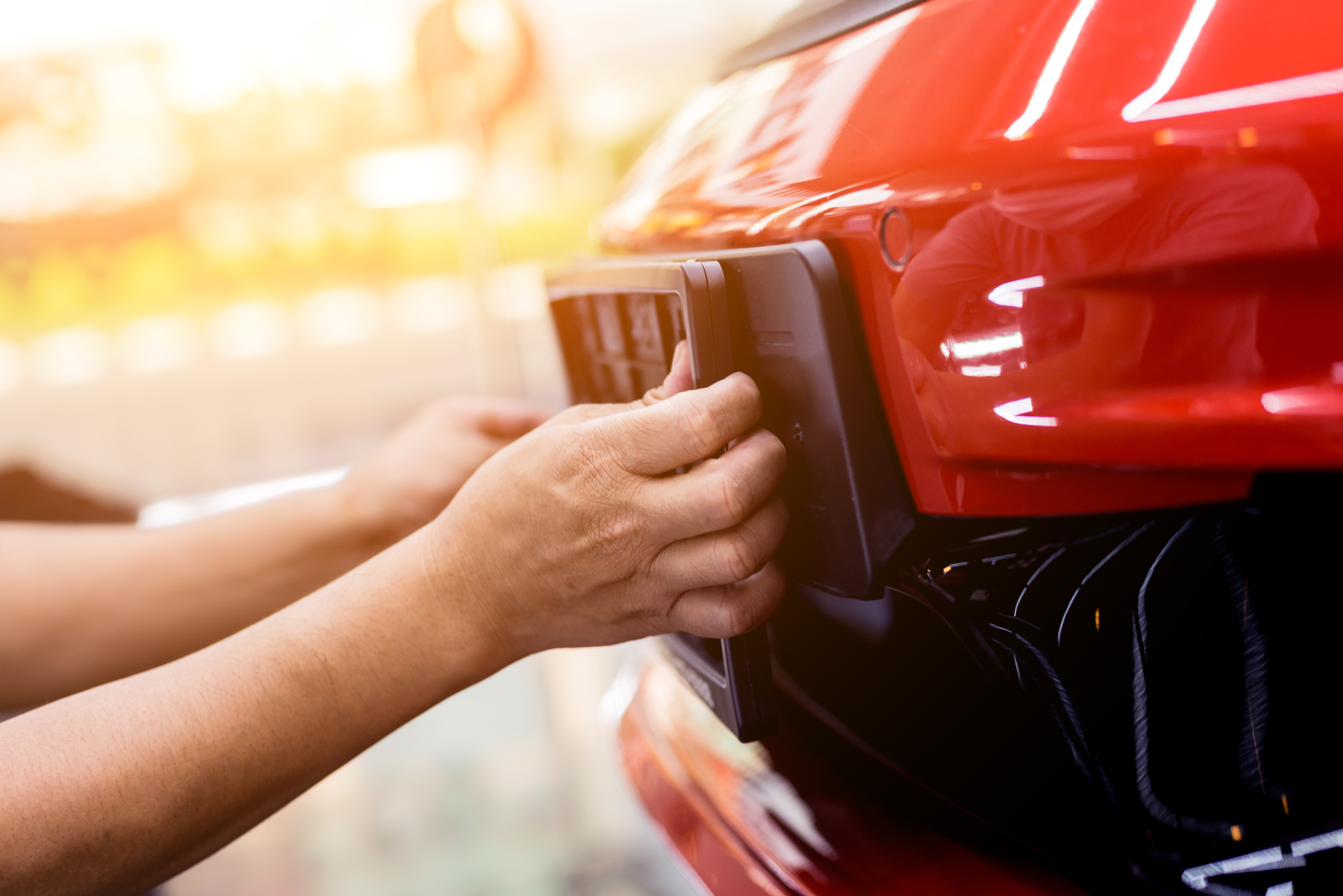Used Cars in the UK: What to Know Before You Buy
Buying a used car in the United Kingdom can be a practical choice for many drivers. From checking a vehicle’s history to comparing prices and understanding ownership costs, there are several important steps to consider. This guide explains what to look for when purchasing a used car in the UK market.

The used car market in the UK represents a significant portion of all vehicle sales, with many buyers preferring pre-owned vehicles for their value proposition. While new cars can lose up to 40% of their value in the first year alone, used cars offer a more economical alternative without necessarily compromising on quality or reliability. However, the process requires careful navigation to avoid potential pitfalls and ensure you’re getting a vehicle that meets your needs and budget expectations.
Understanding the UK Used Car Market
The UK used car market fluctuates based on economic conditions, fuel prices, and changing regulations. Recent years have seen significant changes, particularly with the growing popularity of electric and hybrid vehicles and the implementation of Ultra Low Emission Zones (ULEZ) in major cities. The market includes franchised dealerships, independent sellers, car supermarkets, and private sales through platforms like AutoTrader and eBay Motors.
Supply chain issues affecting new car production have also impacted the used market, often leading to higher prices for quality pre-owned vehicles. Understanding these market dynamics helps buyers recognize whether they’re getting a fair deal relative to current conditions.
Essential Vehicle History Checks
Before purchasing any used car, conducting a comprehensive vehicle history check is non-negotiable. These checks reveal crucial information about the vehicle’s past that might not be immediately apparent during viewing. A proper check should confirm:
- Whether the car has outstanding finance
- Previous accident history and insurance write-offs
- Mileage discrepancies that might indicate clocking
- If the vehicle has been reported stolen
- The number of previous owners matching the V5C document
- MOT history and any recurring issues
Services like HPI Check, AutoCheck, and the DVLA’s free vehicle information checker provide different levels of detail. While comprehensive checks typically cost between £10-£20, this small investment can potentially save thousands in future repairs or legal issues.
Calculating Total Car Ownership Costs
The purchase price is just one component of the total cost of owning a used car. Smart buyers consider the complete financial picture before committing. Ongoing expenses include:
- Insurance premiums (which vary dramatically based on the vehicle and your circumstances)
- Road tax (Vehicle Excise Duty), which is based on emissions for cars registered after March 2001
- MOT testing (annual after the vehicle is three years old)
- Regular servicing and maintenance
- Fuel consumption or charging costs for electric vehicles
- Depreciation rate
- Potential repair costs based on the make and model’s reliability record
Some vehicles might seem attractively priced initially but can become financial burdens due to high insurance groups, expensive parts, or poor fuel economy. Resources like Parkers and What Car? offer useful tools for calculating realistic ownership costs.
Key Inspection Points When Viewing Used Cars
When viewing a potential purchase, a methodical inspection can reveal much about the vehicle’s condition. Pay particular attention to:
- Body condition: Look for inconsistent panel gaps, overspray, or different paint shades that might indicate repairs
- Tire condition: Uneven wear may signal suspension or alignment issues
- Engine bay: Check for oil leaks, corroded batteries, and fluid levels
- Interior condition: Excessive wear relative to the claimed mileage might suggest discrepancies
- Electronics: Test all features including lights, windows, air conditioning, and entertainment systems
- Undercarriage: Look for rust, damaged components, or fluid leaks
If you’re not mechanically inclined, consider paying for a professional inspection from organizations like the AA or RAC. These typically cost £100-£200 but provide expert assessment of the vehicle’s condition and highlight any issues that might require negotiation or reconsideration.
Comparing Used Car Dealers and Platforms in the UK
Where you purchase your used car can significantly impact both price and peace of mind. Each option offers different advantages and potential drawbacks worth considering.
| Dealer/Platform Type | Price Range | Buyer Protection | Warranty Options | Negotiation Flexibility |
|---|---|---|---|---|
| Franchised Dealers | £8,000-£30,000+ | Strong consumer rights | Often 12+ months | Limited |
| Independent Dealers | £5,000-£20,000 | Standard consumer rights | Varies (3-12 months) | Moderate |
| Car Supermarkets | £6,000-£25,000 | Standard consumer rights | Usually 3-6 months | Very limited |
| Private Sellers | £1,000-£15,000 | Limited (caveat emptor) | None typically | High |
| Online Platforms (Cazoo, Cinch) | £7,000-£30,000 | Money-back guarantees | Usually 6-12 months | None |
Prices, rates, or cost estimates mentioned in this article are based on the latest available information but may change over time. Independent research is advised before making financial decisions.
Legal Requirements and Documentation
Ensuring you have the correct documentation is crucial when buying a used car in the UK. The most important document is the V5C registration certificate (logbook), which proves the seller is the registered keeper. Never buy a car without this document present.
Other essential paperwork includes:
- Service history and maintenance records
- Valid MOT certificate for vehicles over three years old
- Previous MOT certificates (ideally)
- Purchase receipt and contract of sale
- Finance agreement confirmation if applicable
If buying from a dealer, you should also receive clear information about any warranty coverage and your consumer rights under the Consumer Rights Act 2015, which provides significant protection for the first 30 days after purchase.
When considering a used car purchase in the UK, taking time to conduct proper research and checks can make the difference between a satisfying long-term investment and an expensive mistake. From understanding market conditions to performing thorough inspections and securing proper documentation, each step in the process deserves careful attention. With proper diligence, buying a used car can offer excellent value and years of reliable service.




